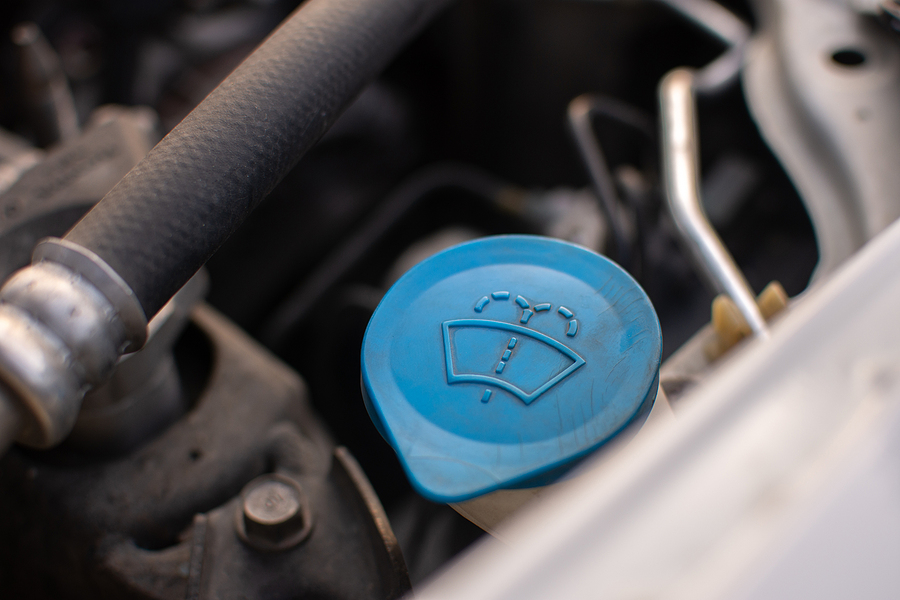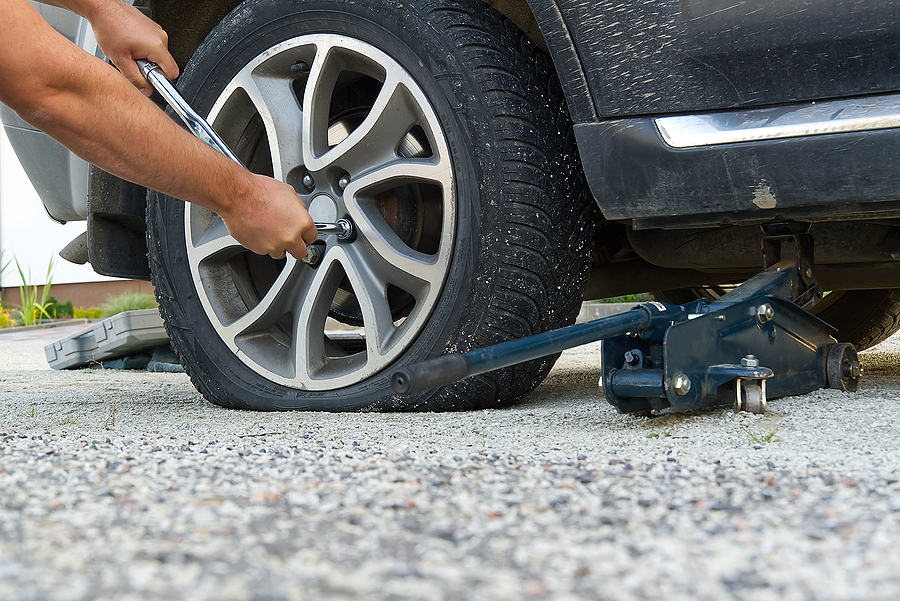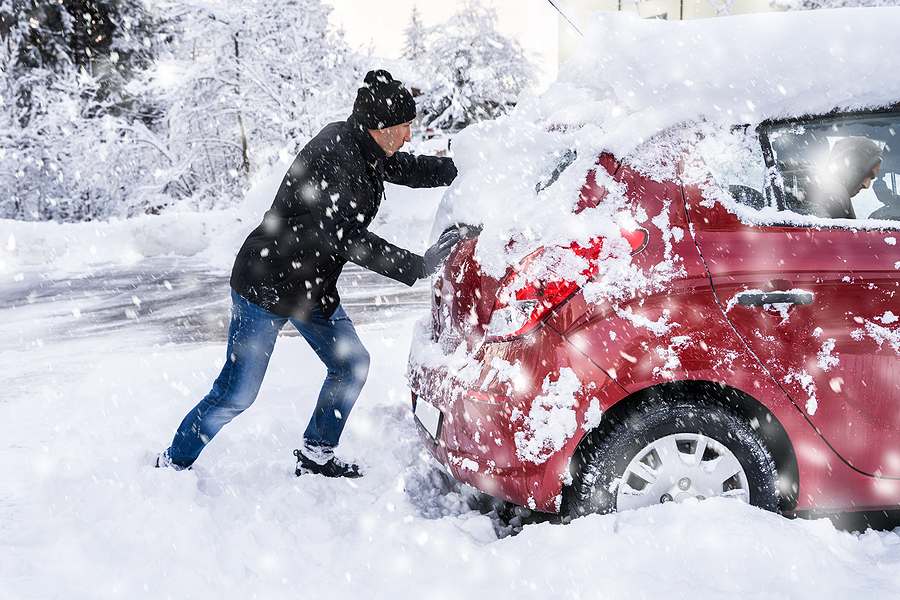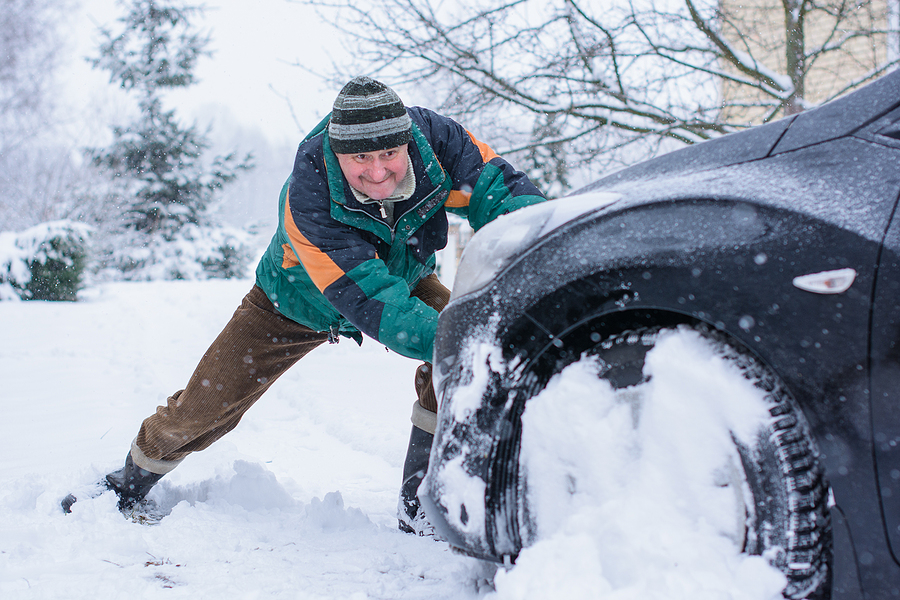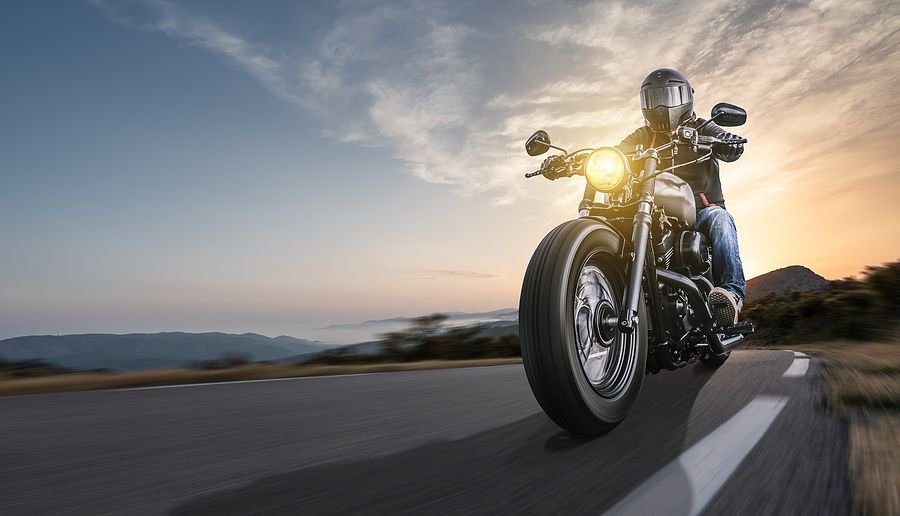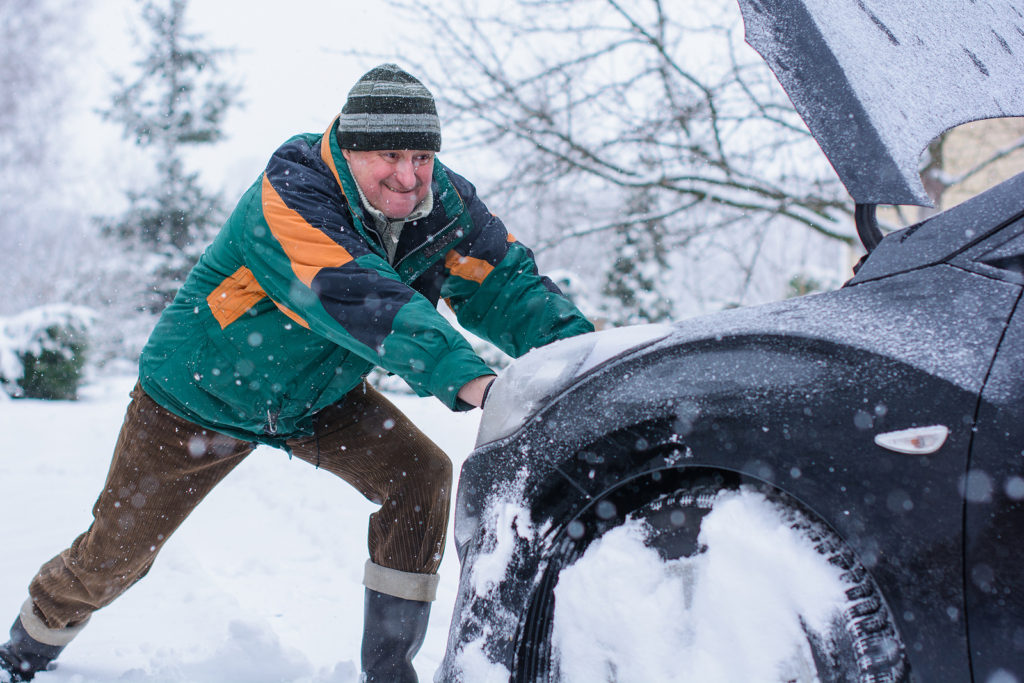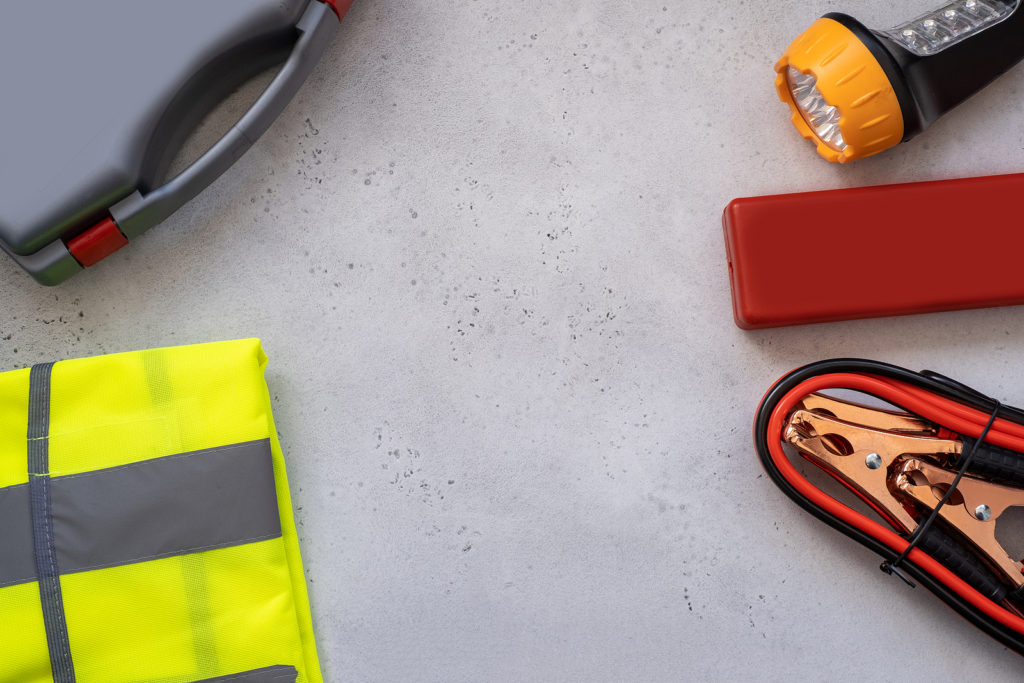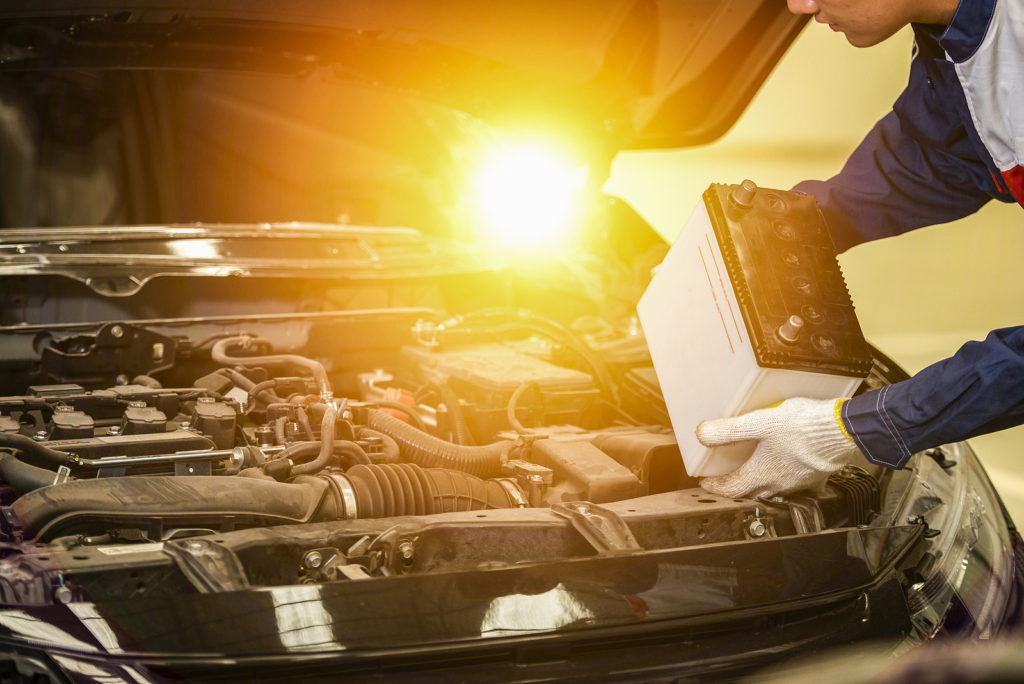Towing a trailer with your vehicle is a serious undertaking, and therefore, requires some serious preparation and forethought. Not only should you ensure that you are well-practiced setting up your trailer and operating your vehicle while pulling it, but you should also review our state laws and regulations for towing. You should review towing regulations and requirements for any states you might be driving through as well.
You see, the towing laws in one state could be entirely different in another; while your rig is legal in Indiana, your rig could be in violation once you cross into Illinois or Ohio. For example, if you are towing a caravan that is also towing a small fishing boat, your rig would be perfectly legal in Mississippi, but as soon as you cross into Alabama, you are breaking the local towing regulations.
Continue reading to learn some important information about towing regulations, as well as what to do if you have trouble out there on the road with your trailer setup.
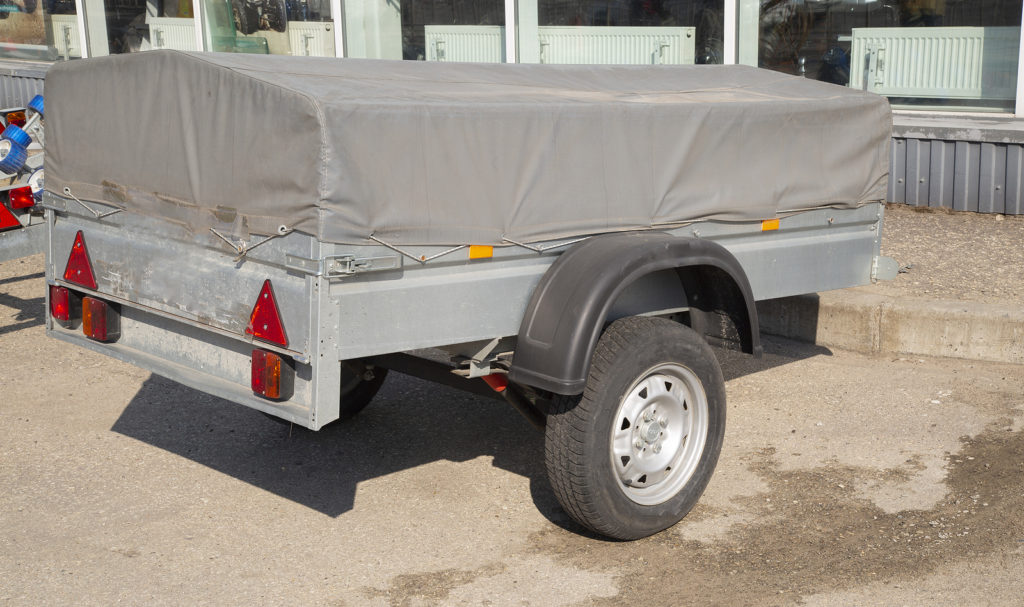
U.S. Towing Regulations and Requirements
To tow a trailer, you do not need any special licenses, permits, or formal education. You do, however, require a valid drivers’ license. If you are planning to tow a trailer for the first time, it is in your best interest to learn your states towing laws and regulations before hitting the road. And if you are planning to tow your trailer across state lines, it is wise to learn the towing laws for any state you will be driving through. However, as it goes for all 50 states, here are the basic towing regulations you need to stick with:
► Safety Chains – You must have safety chains hooked up to your rig in order to ensure its security. Otherwise, your trailer is at risk of separating from your towing vehicle and causing serious accidents and injuries on the road.
► Trailer Lights – Trailer lights are mandatory for road safety. This includes the taillights, brake lights, turn signals, and even reflectors on the trailer. This means you will also need an electrical hookup so that your towing vehicle’s braking system, turn signals, and more are synced with your trailer lights.
► License Plate Light – Although commonly overlooked, it is necessary to have a license plate light on your trailer. The license plate must be lit up at night, so it is clearly visible to other drivers on the road, namely law enforcement.
What Do to in the Case of a Roadside Emergency
If you get stuck in a ditch, or your trailer pulls a flat, rely on a 24 hour roadside assistance company for help. In fact, if you are planning a long-distance trip, you might want to consider buying a roadside assistance policy or package, either through your insurance carrier or a third-party provider. These companies can help you out in all kinds of jams, such as getting stuck in mud or snow, running out of gas, flat tires, dead batteries, trailer hitch problems, and even locking the keys inside the car!
Who can you trust for prompt response and affordable roadside assistance in Indiana? Contact Zore’s Towing for 24 hour roadside assistance and towing services in Indianapolis and its surrounding locations. We operate 24 hours a day, 7 days a week, and 365 days a year!
You Might Also Enjoy:
What You Need to Know About State Trailer Laws
DIY Roadside Assistance Tools to Always Have in Your Car
Will Trailer Towing Damage My Car?


